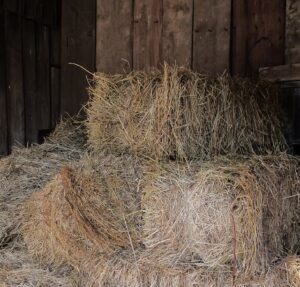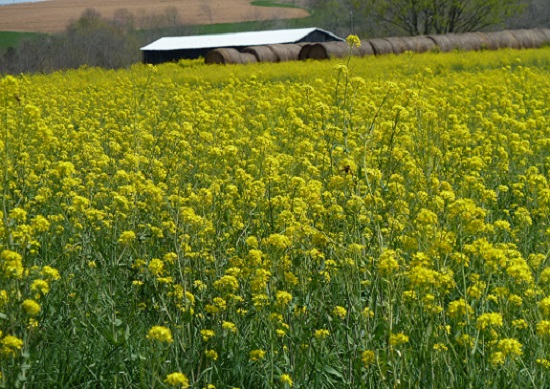Potluck
 Do you enjoy potluck meals? If you grew up in a large extended family like I did, you understand potluck. Aunts, uncles, cousins, and friends from everywhere bring food. Lots of food. Stick to your ribs food.
Do you enjoy potluck meals? If you grew up in a large extended family like I did, you understand potluck. Aunts, uncles, cousins, and friends from everywhere bring food. Lots of food. Stick to your ribs food.
Attend church potlucks, and you get a little taste of heaven on earth. Dishes that weigh down tables, plus fellowship with other believers, fill both body and soul.
Friends, co-workers, and neighbors also create great potlucks. Food and fun abound.
Potlucks may be inside, outside, or on a hillside. We once invited neighbors to a potluck picnic on top of the hill behind our house. A farm wagon served as our table. Everyone enjoyed the scenery as well as multiple plates of country cooking.
Potluck refers to a shared meal with dishes brought by those who attend.
You bring whatever dish you desire. Although unplanned, the meal usually includes plenty of everything. No one stresses, because the meal is casual and everyone helps.
Potluck (sometimes written as pot luck) means to take a chance on an uncertain outcome.
Of course, if you attend a potluck meal, you take your chances on what you get to eat. However, this also refers to other unknowns, including:
- Shopping
- Travel
- Work
- Any situation with little information but high hopes
You have one certain outcome available to you.
If you trust Jesus as Savior and Lord, you never have to guess. You never have to face unknowns alone. Plus, God has planned a banquet for you and other believers in heaven.
“Blessed is the one who will eat at the feast in the kingdom of God.” (Luke 14:15 NIV).
Thanks to Brad Leverett for the suggestion. Photo courtesy of Pexels.
Do you have an expression you want explained or a thought about this one? If so, please comment below.
Subscribe to receive my weekly posts by email and receive a free copy of “Words of Hope for Days that Hurt.”
If you enjoyed this post, please share it with your friends.












